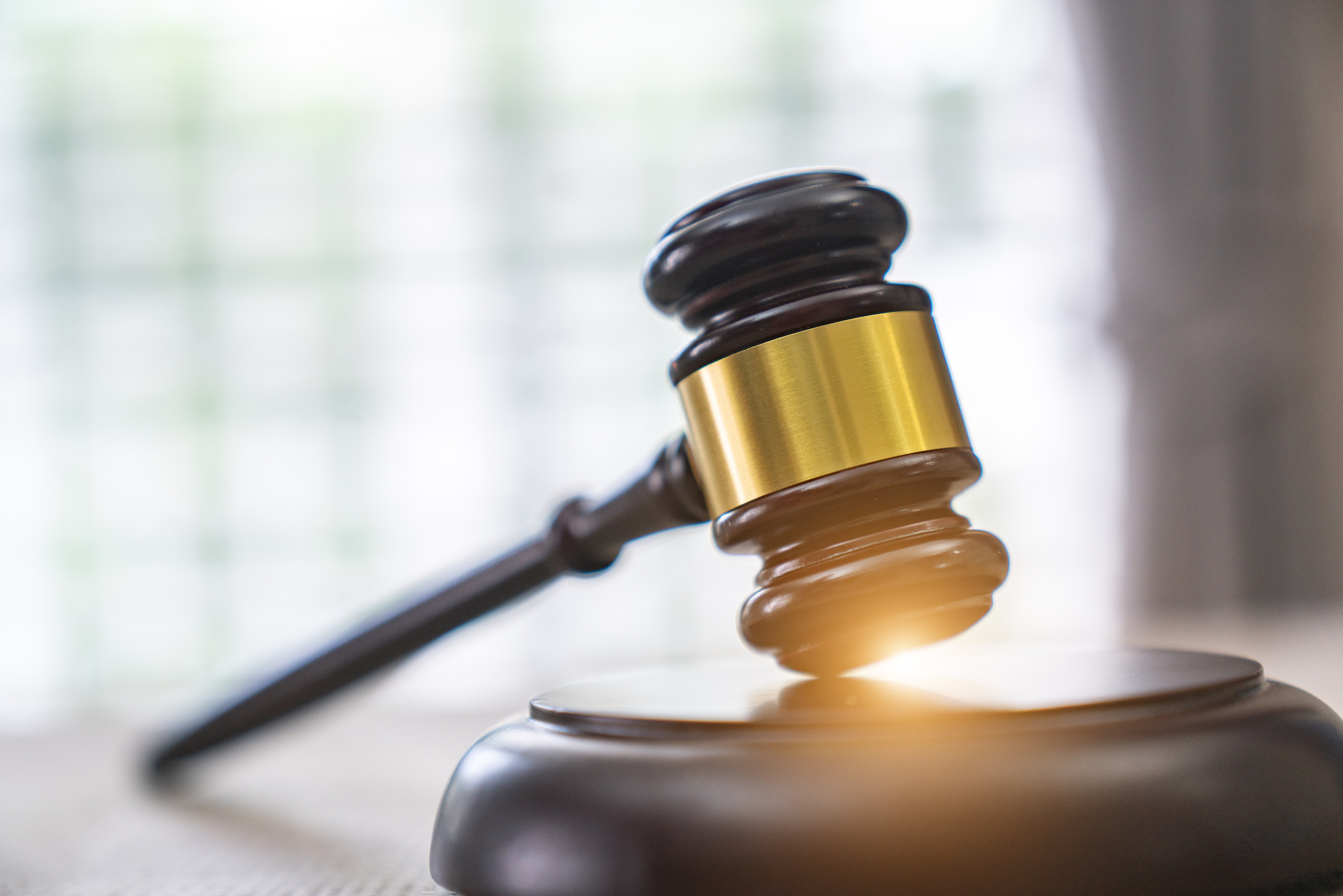Fix the Court Slams Latest Technical Glitch Election Challenges
Questions commitment of court administrator to openness

The smarter way to stay on top of broadcasting and cable industry. Sign up below
You are now subscribed
Your newsletter sign-up was successful
Fix the Court said the issues with electronic coverage of the courts have hardly been fixed.
Following technical issues with access to the Texas court decision Nov. 2 rejecting a Trump campaign attempt to invalidate drive-in-dropbox ballots, Fix the Court and media outlets, including the Radio Television Digital News Association, had sought assurances from the Administrative Office of the U.S. Courts that such issues were being addressed.
The head of the office responded this week that they were doing just that, though pointing out that there were rules against streaming audio from district courts on YouTube or other OTT platforms.
But Fix the Court slammed the office after more issues, this time with a Pennsylvania election-related court case, Trump v. Broockvar (the Trump campaign charges that its observers were kept too far away from the mail-in and absentee ballot-counting action to monitor it sufficiently).
The campaign is trying to block the state from certifying the election. Democrat Joe Biden is currently ahead by over 70,000 votes.
Fix the Court's Gabe Roth outlined the issues with the Pennsylvania case. "They set up a conference call line that could hold 4,000 people, but more than 4,000 people 'showed up,'" he said, "so they set up a second one. At some point about an hour ago [at about 5:10 p.m. Tuesday, Nov. 17], the call dropped altogether, and it took 20-30 minutes to get the audio working again. The audio quality was terrible, and it was difficult at times to hear attorneys from both sides, as well as the judge."
"Every federal appeals court, including the U.S. Supreme Court, has figured out how to livestream its hearings without technical failures," said Roth, "yet federal district courts, both today in Pennsylvania and two weeks ago in Texas, are plagued with massive difficulties at the very time the country's attention is upon them. This is completely unacceptable.
The smarter way to stay on top of broadcasting and cable industry. Sign up below
“Just yesterday, we were told by the courts' administrative arm that ensuring public access to proceedings 'is and remains a priority.' But today’s problems demonstrate the judiciary's lack of commitment to actual solutions, including the refusal to greenlight the use of YouTube or other platforms that can handle significant traffic."
Contributing editor John Eggerton has been an editor and/or writer on media regulation, legislation and policy for over four decades, including covering the FCC, FTC, Congress, the major media trade associations, and the federal courts. In addition to Multichannel News and Broadcasting + Cable, his work has appeared in Radio World, TV Technology, TV Fax, This Week in Consumer Electronics, Variety and the Encyclopedia Britannica.

